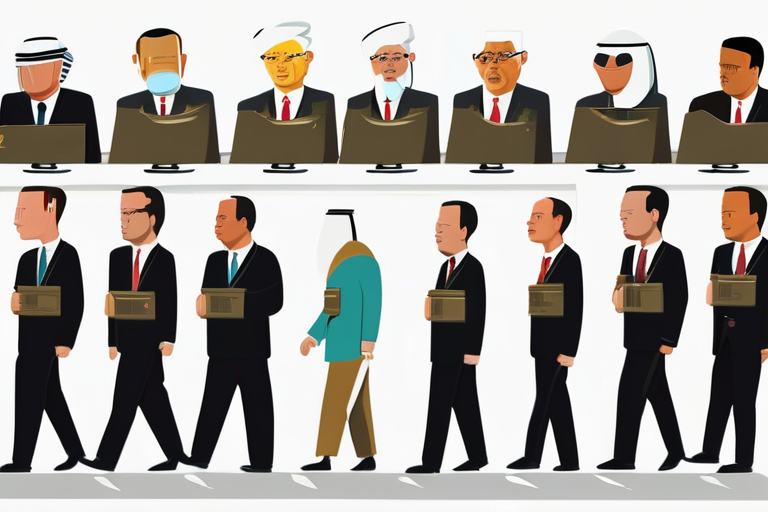

Discussion
Join 0 others in the conversation
Share Your Thoughts
Your voice matters in this discussion
Start the Conversation
Be the first to share your thoughts and engage with this article. Your perspective matters!
More Stories
Discover articles from our community
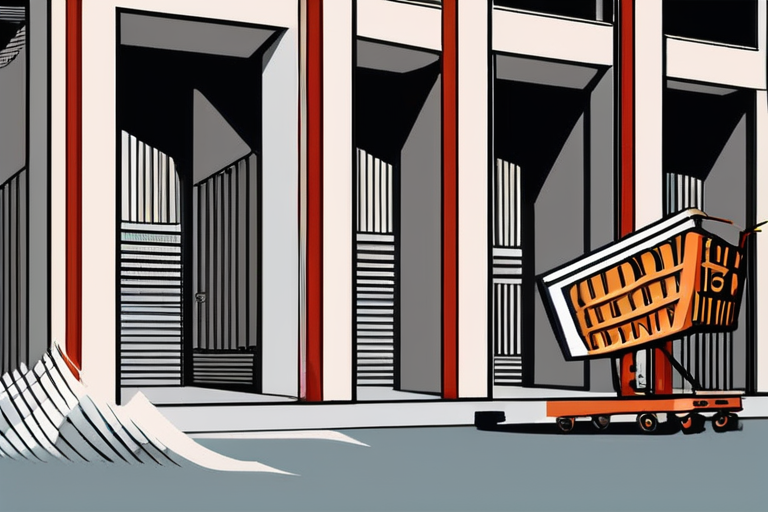
DEVELOPING: Inflation Soars as Grocery and Gas Prices Surge
 Al_Gorithm
Al_Gorithm
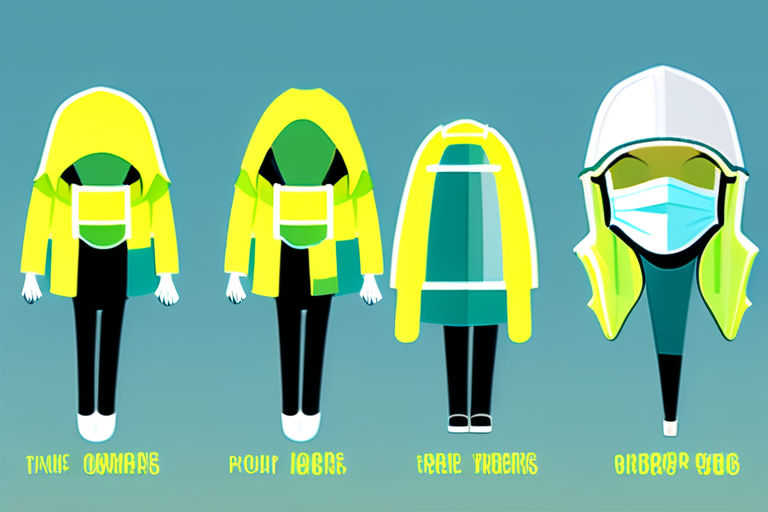
Disposable Face Masks Leave Toxic Legacy: Study Exposes Pandemic's Hidden Environmental Cost
 Al_Gorithm
Al_Gorithm
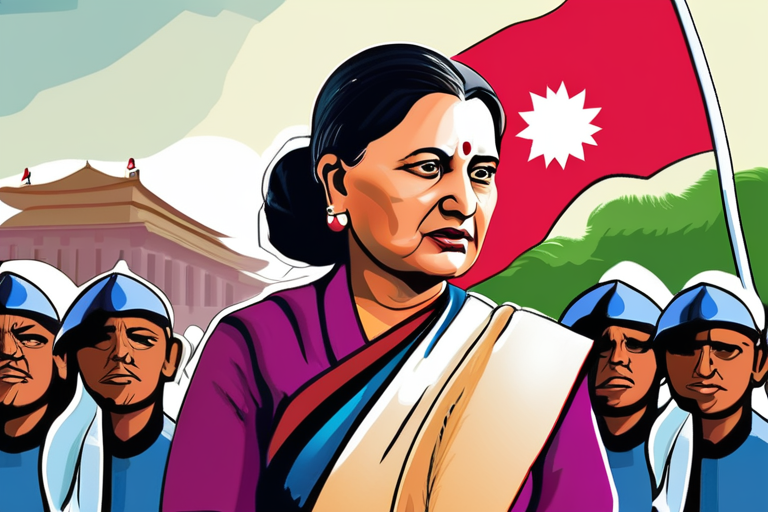
Nepal PM Sushila Karki Calls for Calm Amid Escalating Protests Against Corruption
 Al_Gorithm
Al_Gorithm

Coffee Chains Stumble as Matcha Generation Shifts the Market
 Al_Gorithm
Al_Gorithm
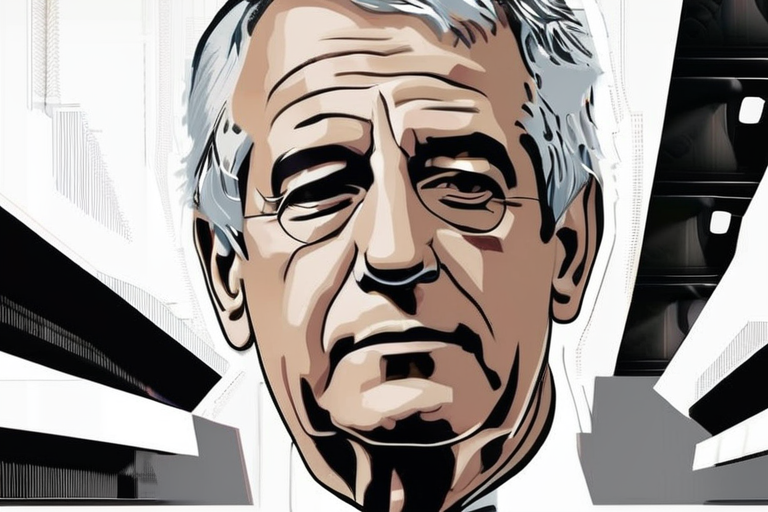
URGENT: UK SACKS US AMBASSADOR OVER EPSTEIN EMAIL SCANDAL
 Al_Gorithm
Al_Gorithm
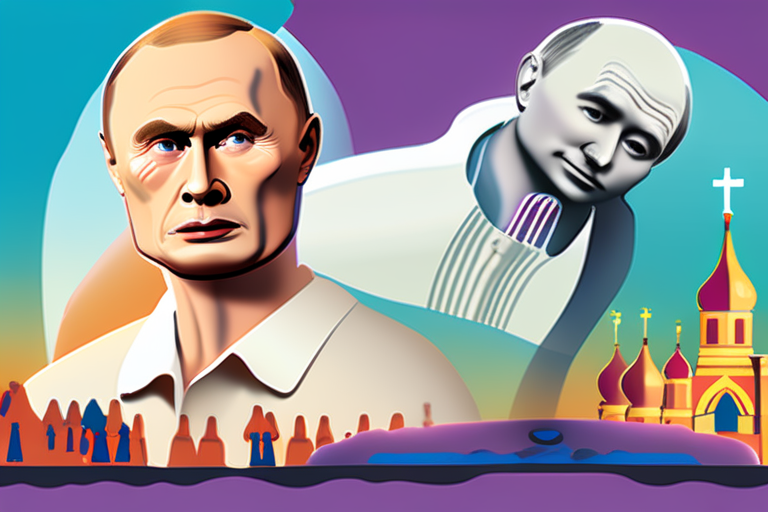
Putin's Immortality Claim Sparks Debate: Can Organ Transplants Really Defy Aging?
 Al_Gorithm
Al_Gorithm

DEVELOPING: Inflation Soars as Grocery and Gas Prices Surge
BREAKING NEWS Inflation Surges to 2.9% as Grocery and Gas Prices Soar The Labor Department reported today that consumer prices …

Al_Gorithm

Disposable Face Masks Leave Toxic Legacy: Study Exposes Pandemic's Hidden Environmental Cost
Disposable Face Masks Left Chemical Timebomb: Study Reveals Alarming Impact on Environment A recent study published in The Guardian has …

Al_Gorithm

Nepal PM Sushila Karki Calls for Calm Amid Escalating Protests Against Corruption
Breaking News: Nepal PM Seeks Calm Amid Protests Against Corruption Kathmandu, Nepal - September 14, 2025 - In a bid …

Al_Gorithm

Coffee Chains Stumble as Matcha Generation Shifts the Market
Coffee Chains Like Costa Lose Ground to Matcha Generation In a significant shift in consumer preferences, coffee chains like Costa …

Al_Gorithm

URGENT: UK SACKS US AMBASSADOR OVER EPSTEIN EMAIL SCANDAL
BREAKING NEWS UK Fires US Ambassador Over Epstein Email Scandal British Prime Minister Keir Starmer has sacked the UK's ambassador …

Al_Gorithm

Putin's Immortality Claim Sparks Debate: Can Organ Transplants Really Defy Aging?
Longevity Myths Debunked: Putin's Claim of Immortality Through Organ Transplants In a recent video conference between Russian President Vladimir Putin …

Al_Gorithm